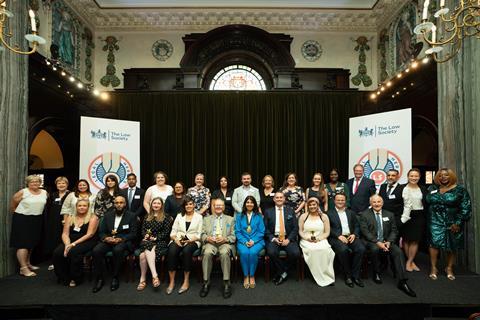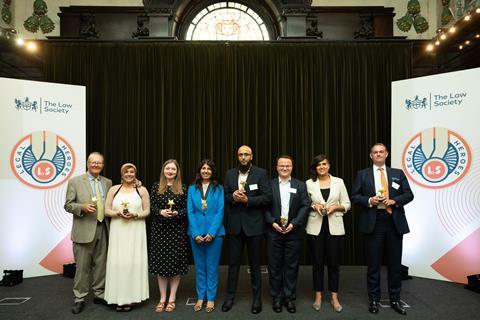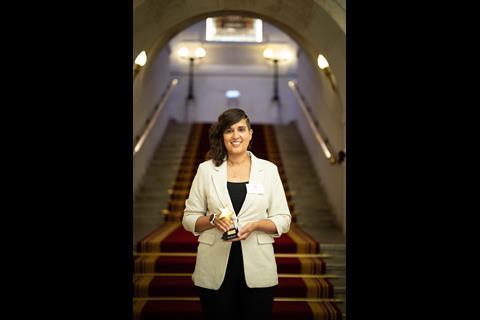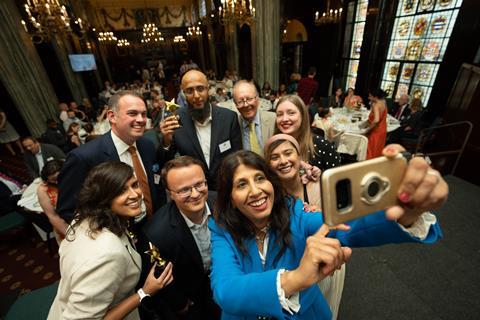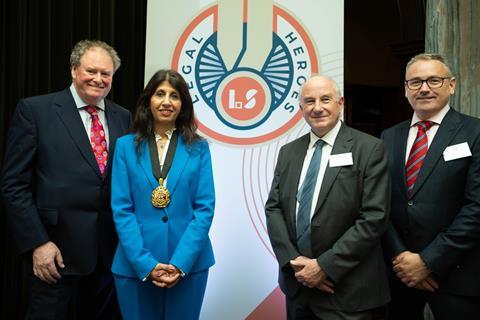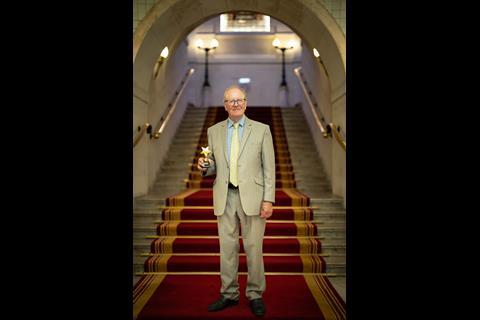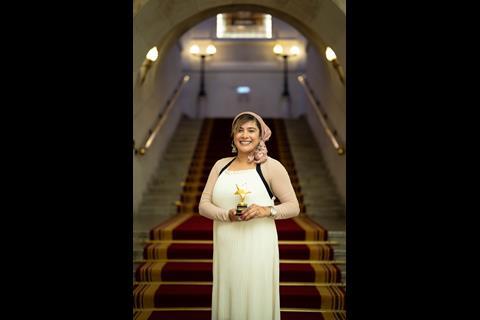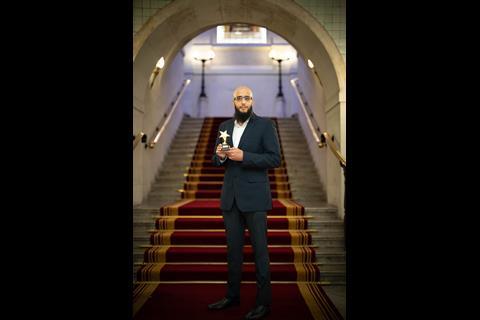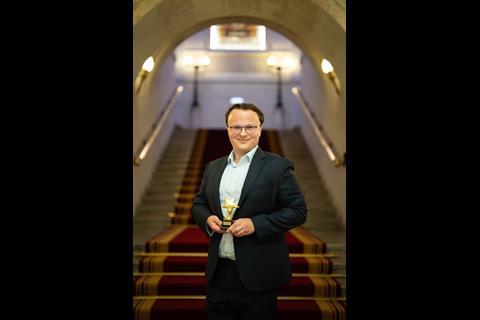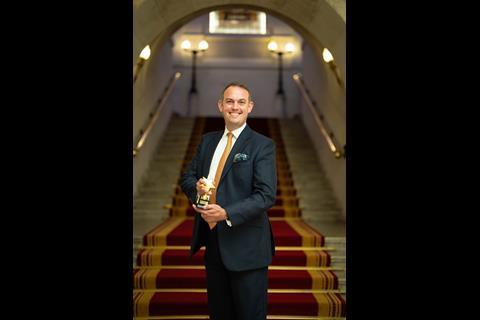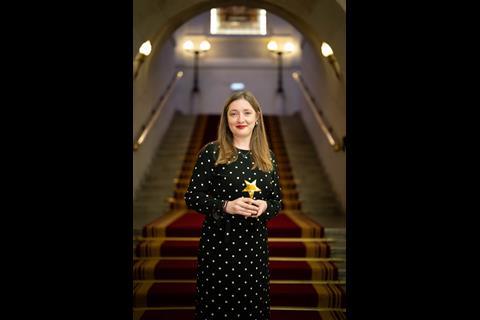The Law Society has honoured seven solicitor ‘heroes’ at a ceremony held at its Chancery Lane headquarters. Chosen from a shortlist of 26 following the launch of the Society’s Legal Heroes project earlier this year, the seven are ‘people who use their skills, expertise and drive to put the interests of others first, demonstrating the core values which are at the heart of our profession: helping others in need’, said president Lubna Shuja.
Opening the ceremony, Shuja said: ‘It is a privilege to celebrate the best of us, to recognise those who have brought distinction to the profession by making a lasting and tangible impact on the lives of their clients. Solicitors are crucial to our justice system. You provide vital support and advice to people, businesses and government. It’s important that we take the time to recognise and commend your hard work and achievements.’
The winners selected by the judges, who included Shuja, solicitor Mark Stephens and Gazette editor in chief Paul Rogerson, were announced at a ceremony that included afternoon tea. Some 200 were nominated.
Dawson Cornwell associate Shabina Begum, a sharia Law expert, was recognised for her work to end honour-based violence, forced marriage and female genital mutilation.
Jonathan Lafferty, managing associate at Sidley, was instrumental to the success of the Free Family Representation & Advocacy Project, a response to the removal of legal aid private family law cases.
Emily Mcfadden was nominated for the work she carried out in setting up the innovative Social Welfare Solicitors Qualification Fund.
Bristol clinical negligence lawyer Sabeena Pirooz made a lasting and tangible difference to the lives of forced marriage and ‘honour-based abuse’ victims through her key role as director of The Sky Project charity.
Qaisar Sheikh, head of education at Coram Children’s Legal Centre, was recognised for keeping legal aid alive for Children and Young People experiencing difficulties in their education.
Clive Sutton (pictured) was instrumental in safeguarding solicitors indeminity arrangements placed under threat by regulators.
Several aspects of Martin Whitehorn’s work were nominated. The judges highlighted his work raising awareness of neurodiversity and disability in the legal profession.
‘In this fast-changing world,’ Shuja said in closing remarks, ‘there are some things that don’t change. Our profession remains synonymous with quality, expertise, innovation and, most importantly, our core values of adherence to the rule of law and personal integrity.’























